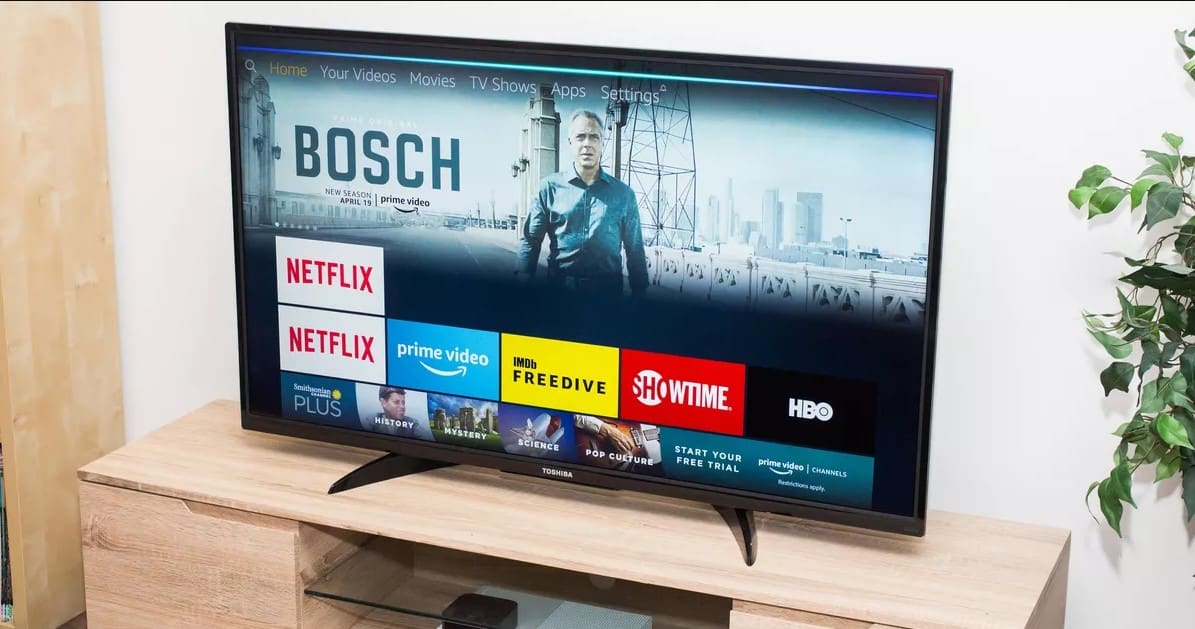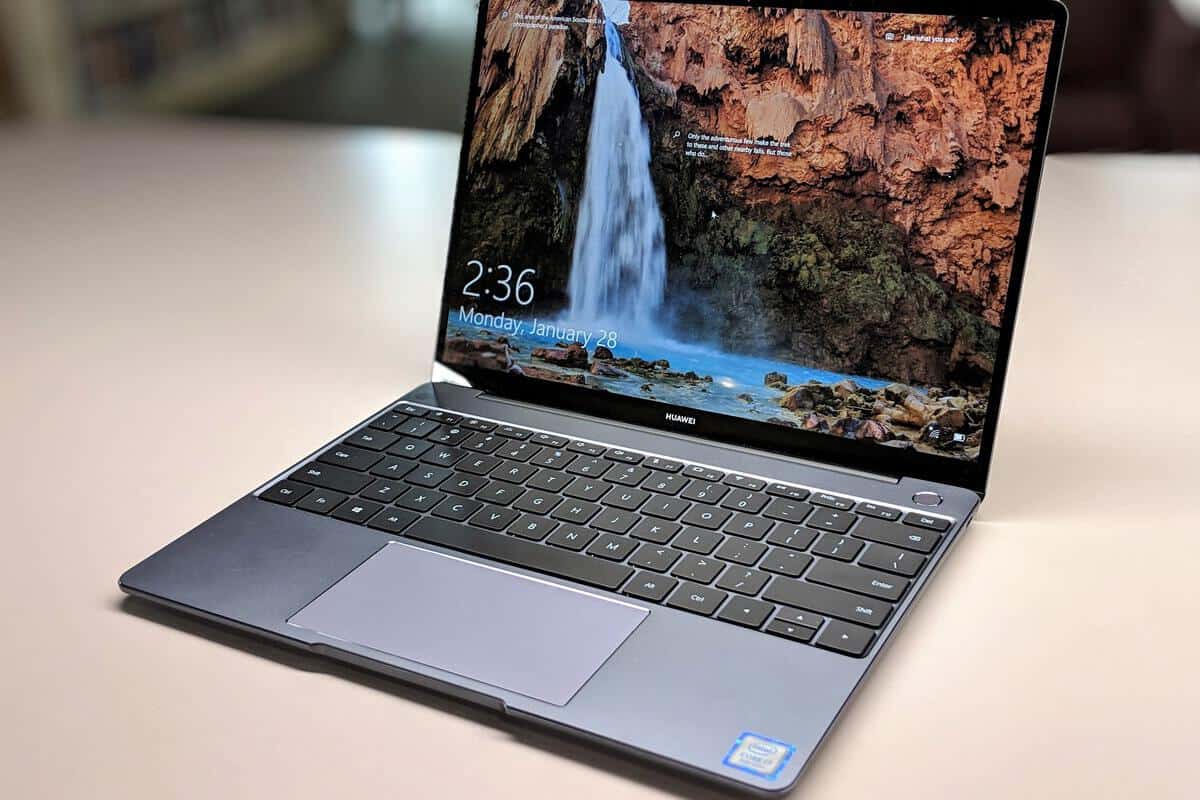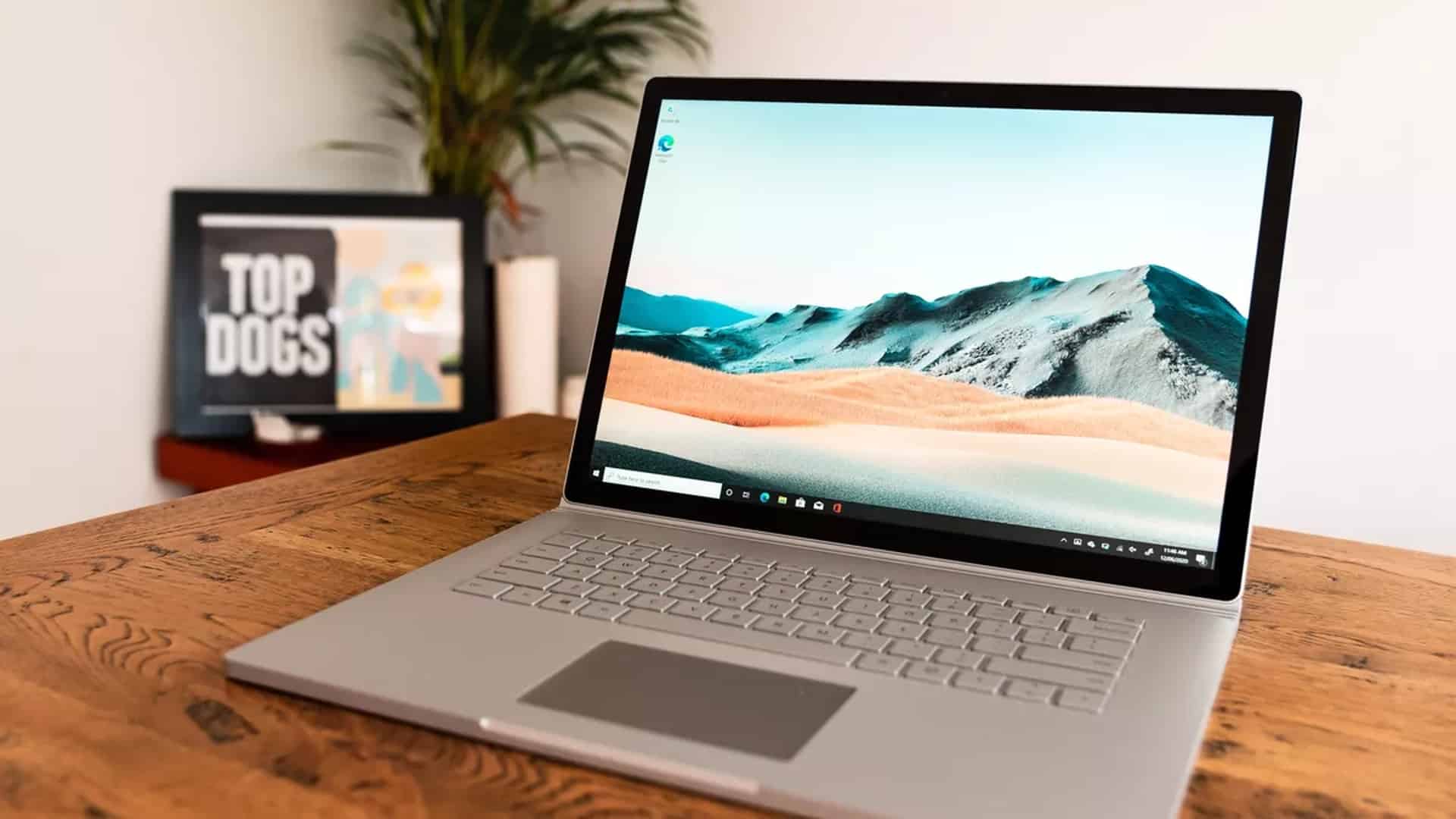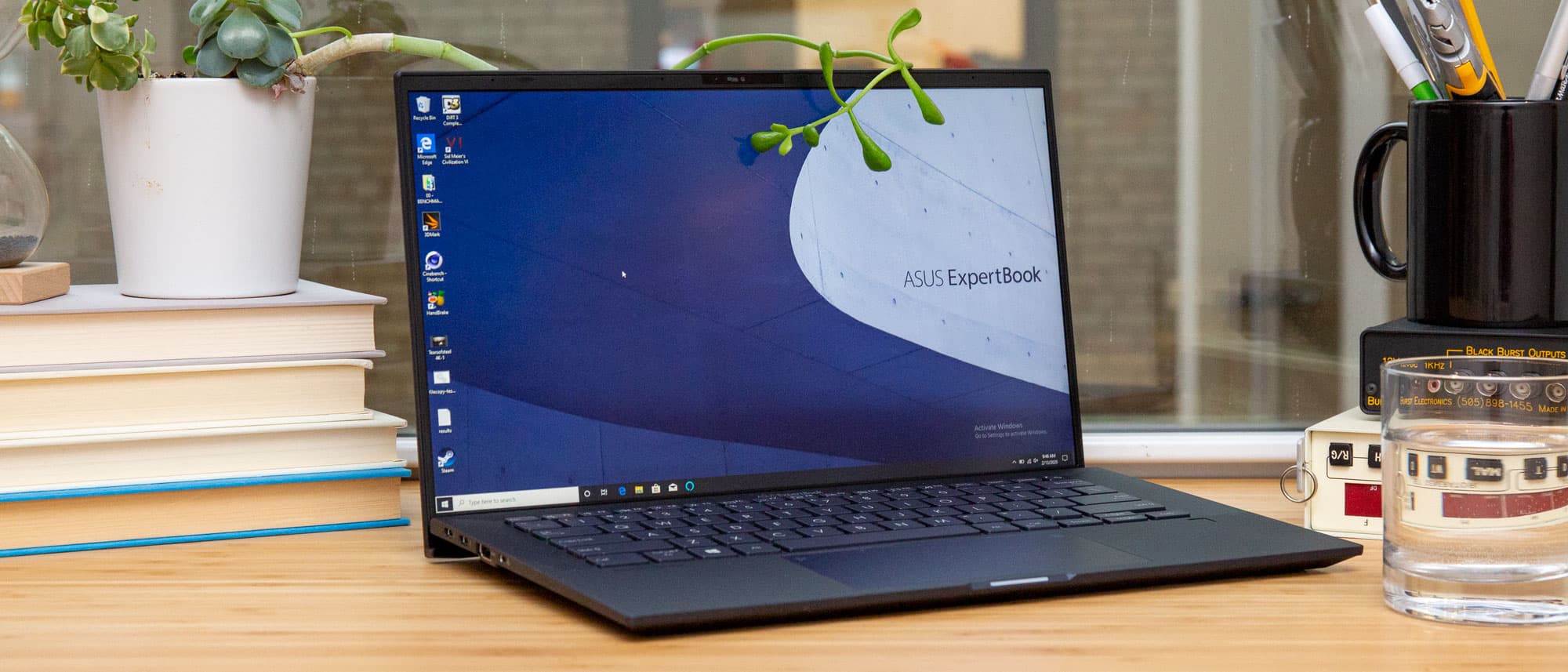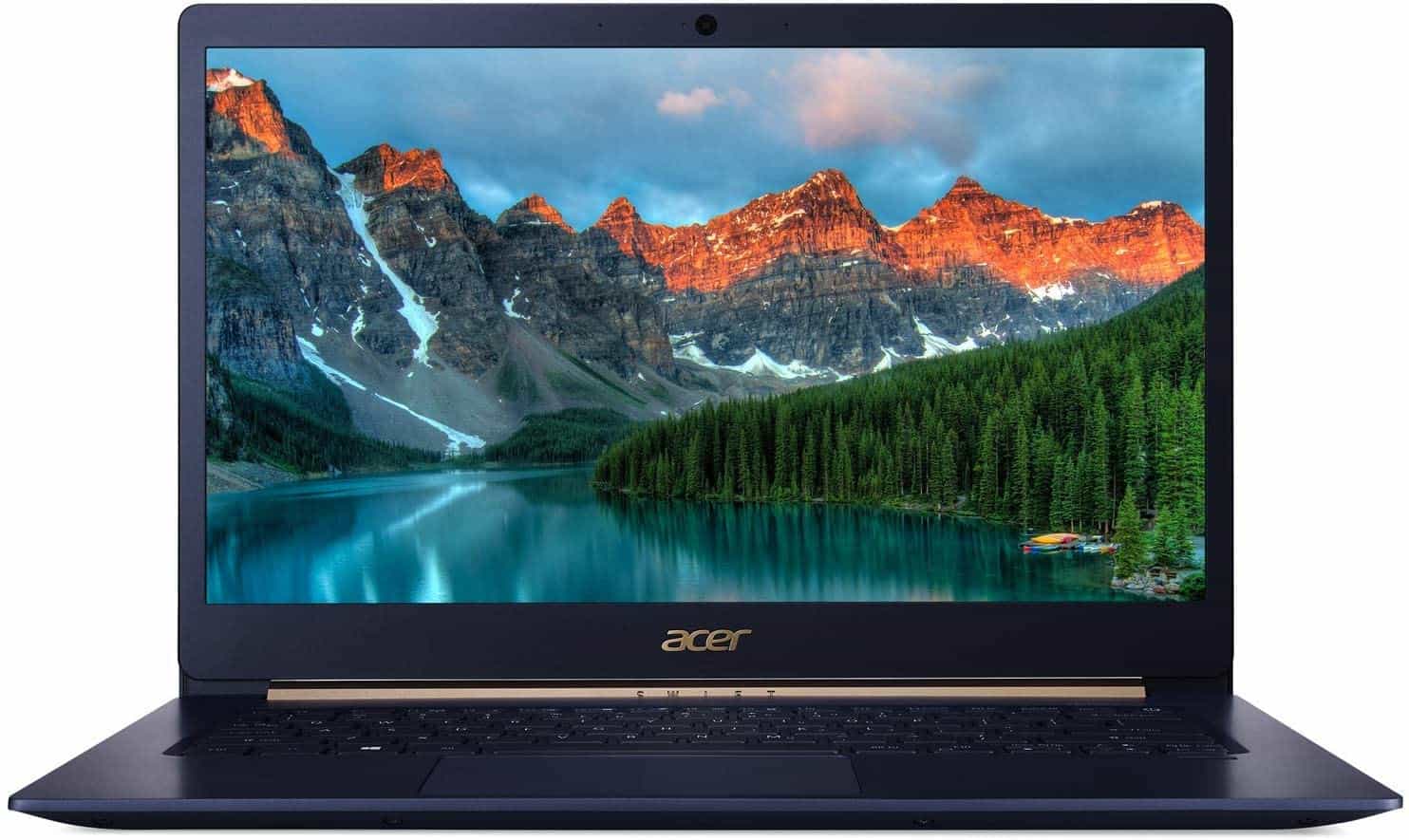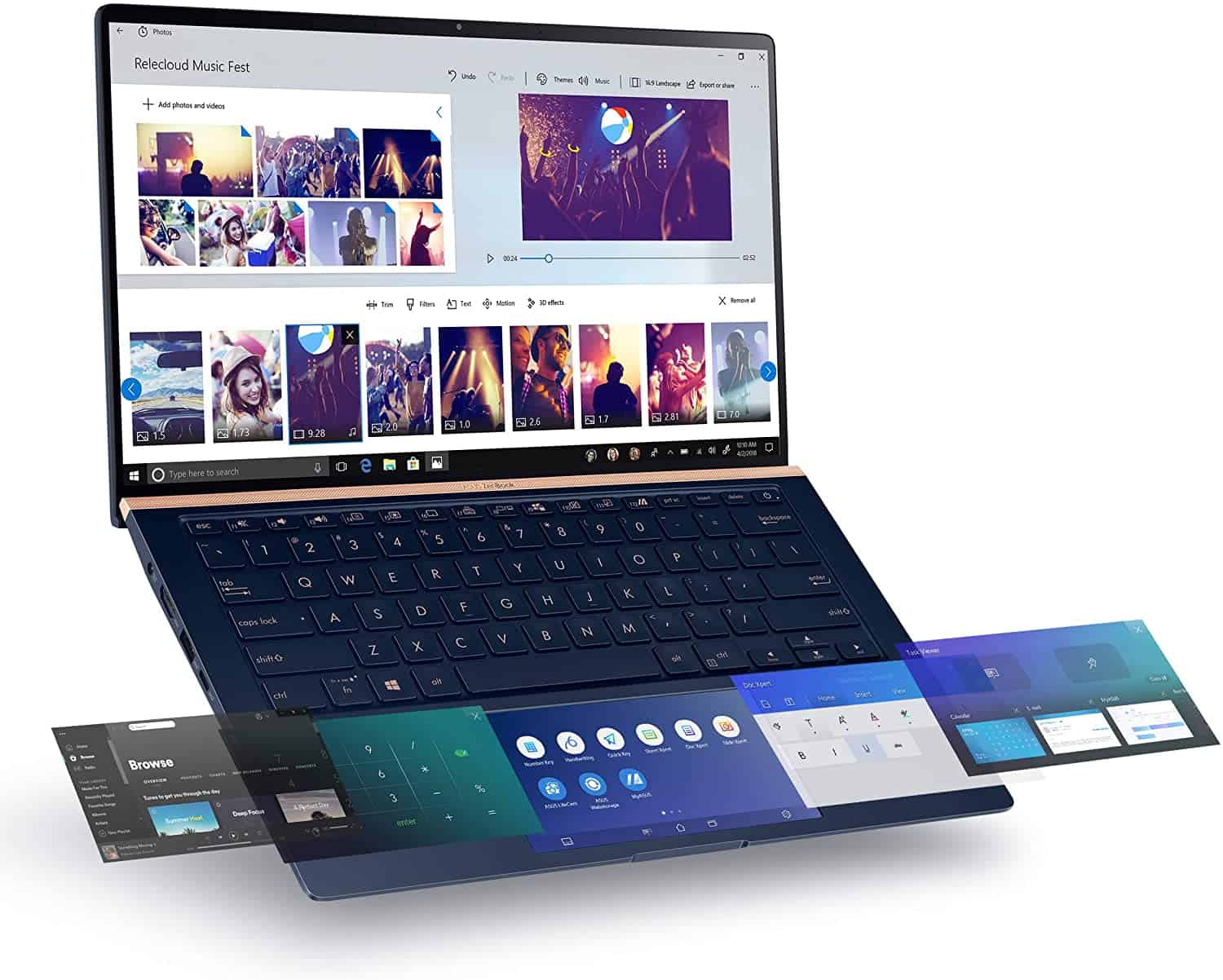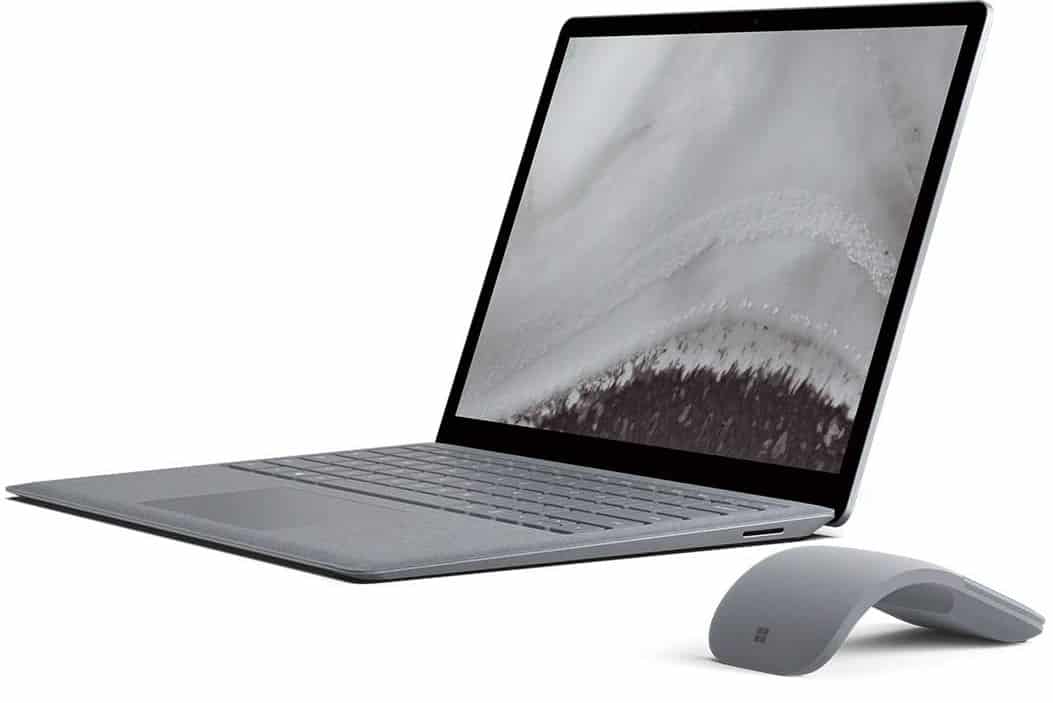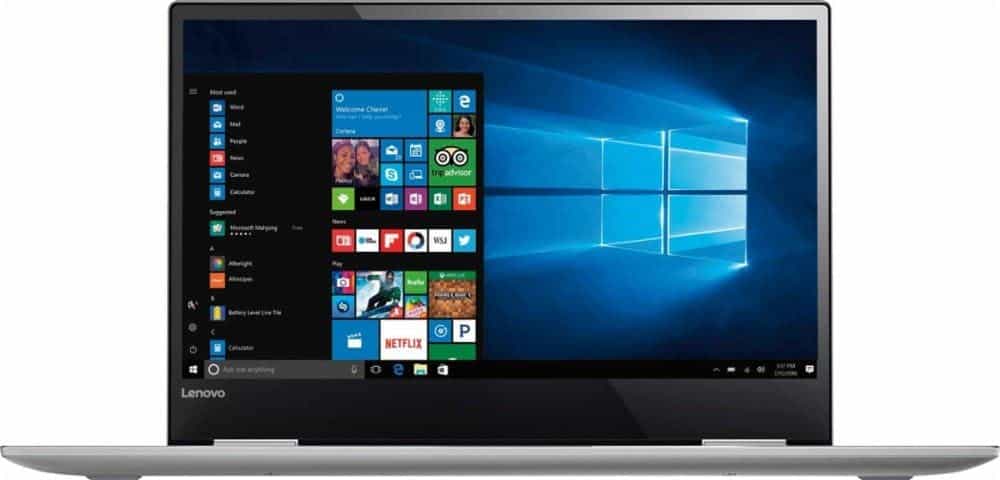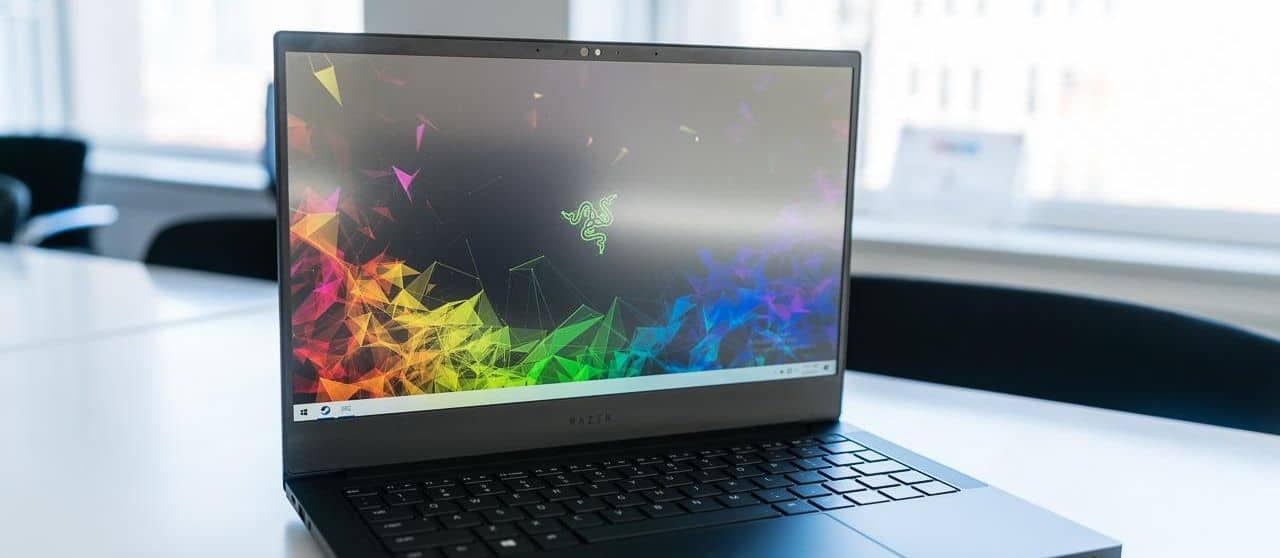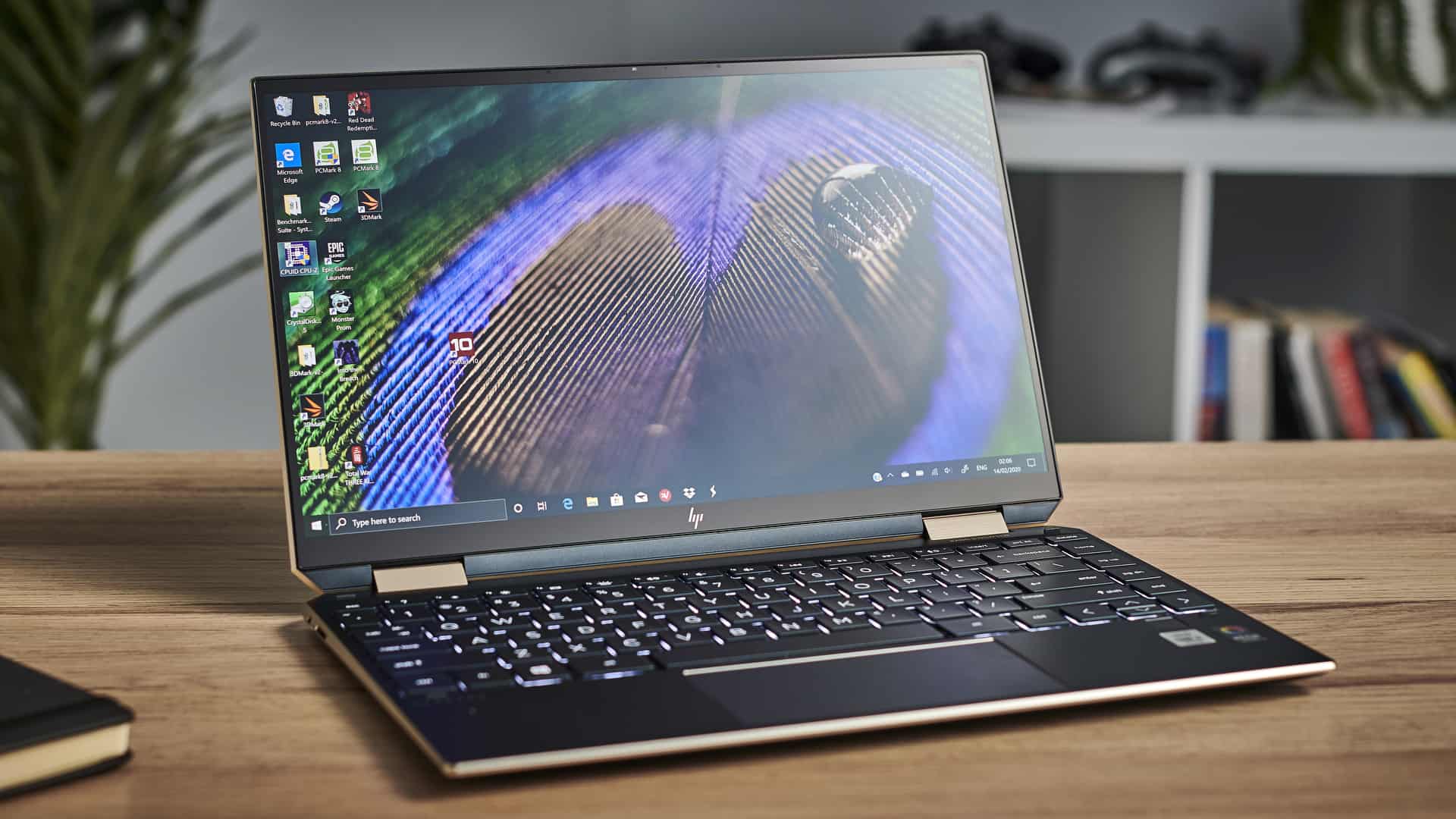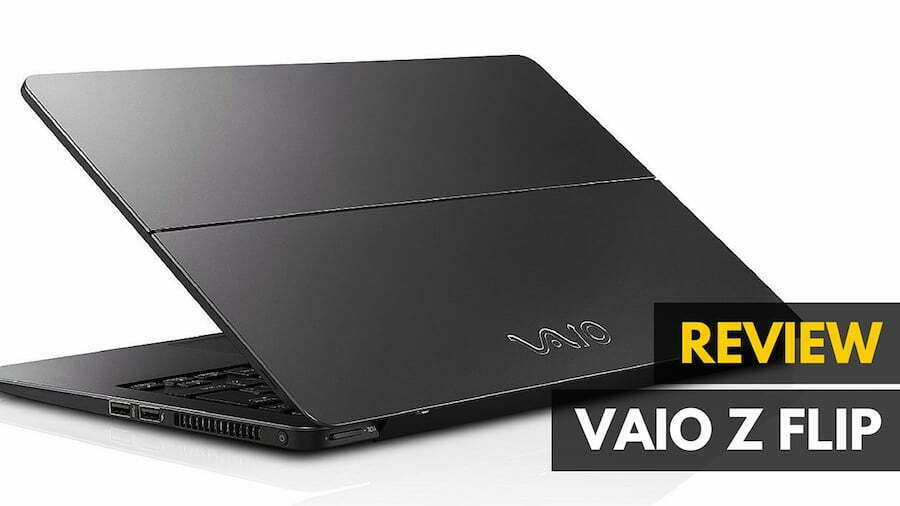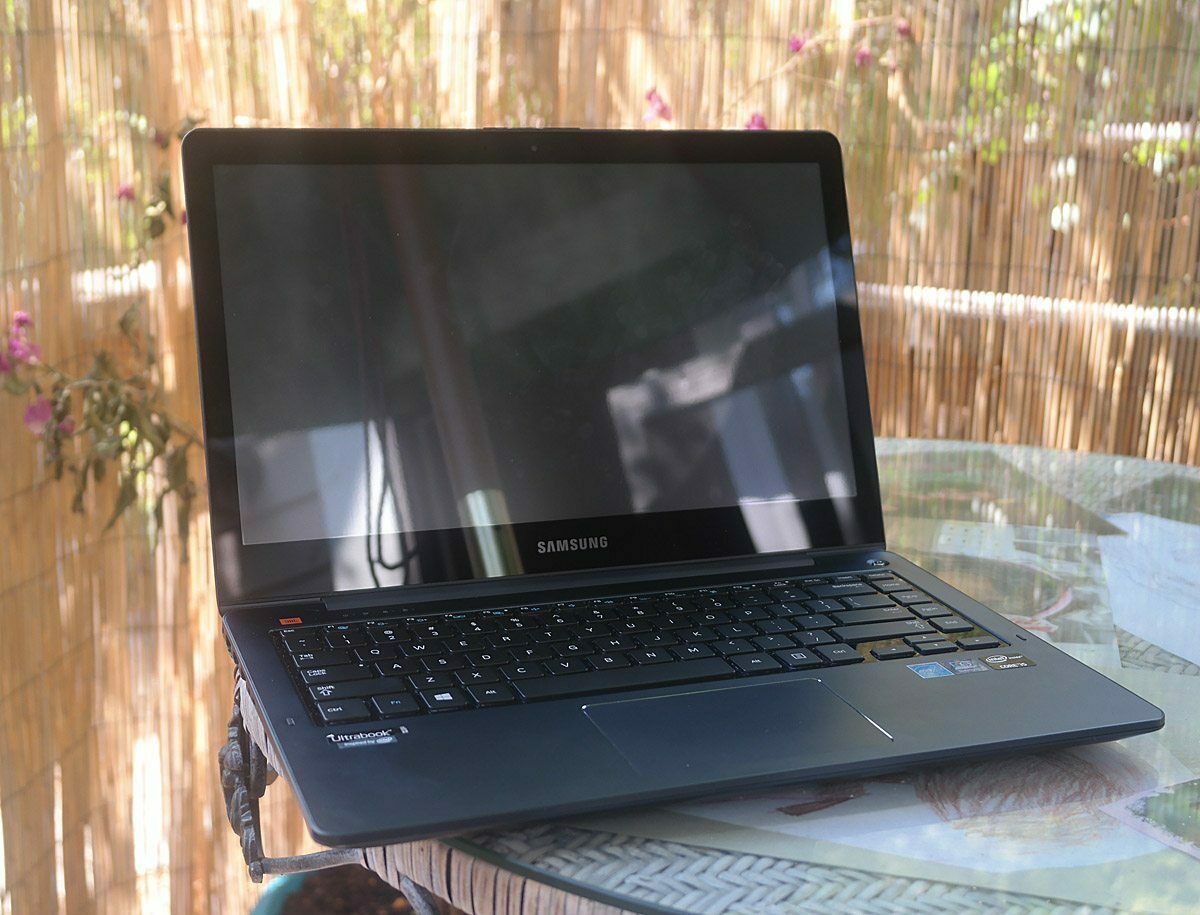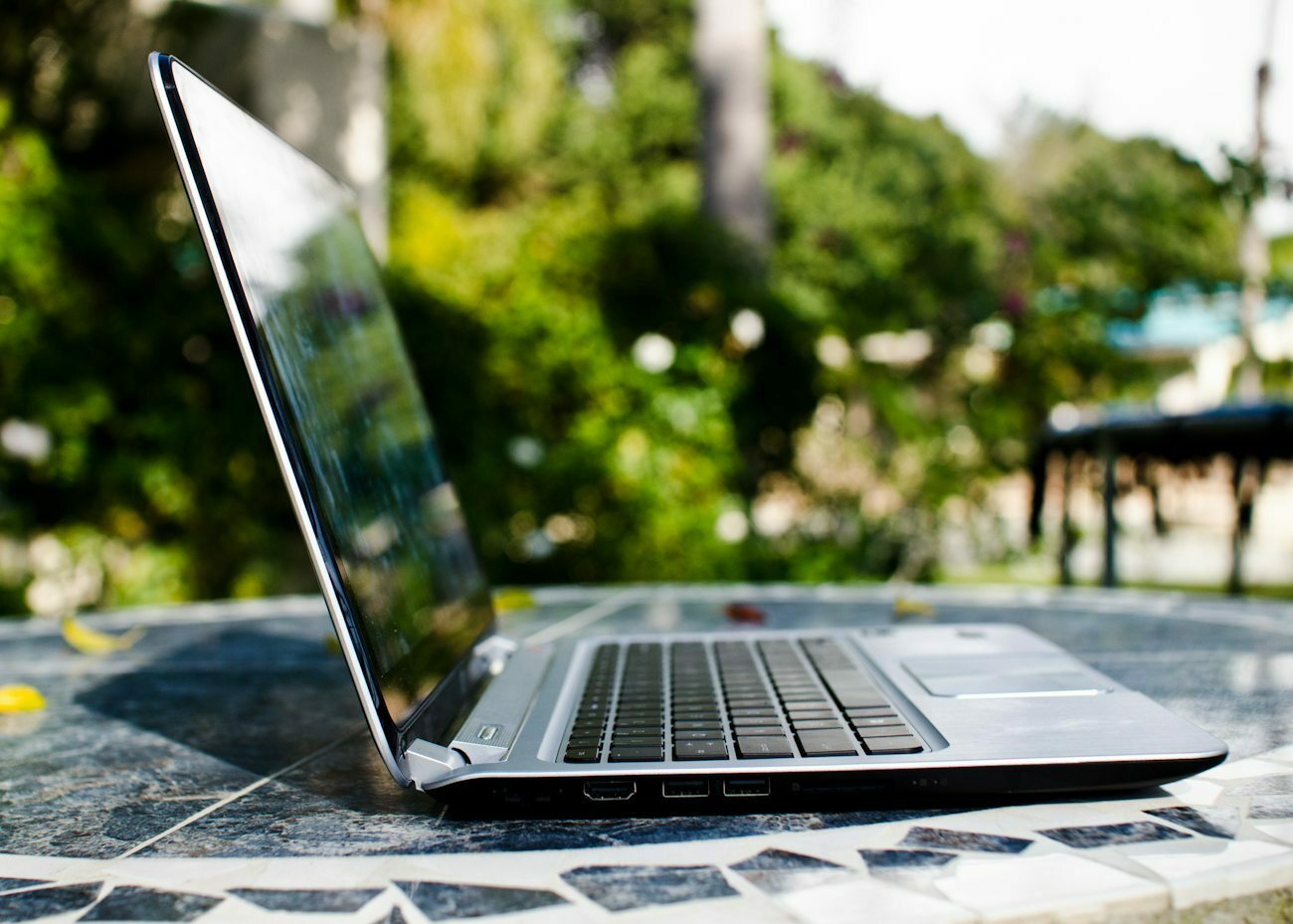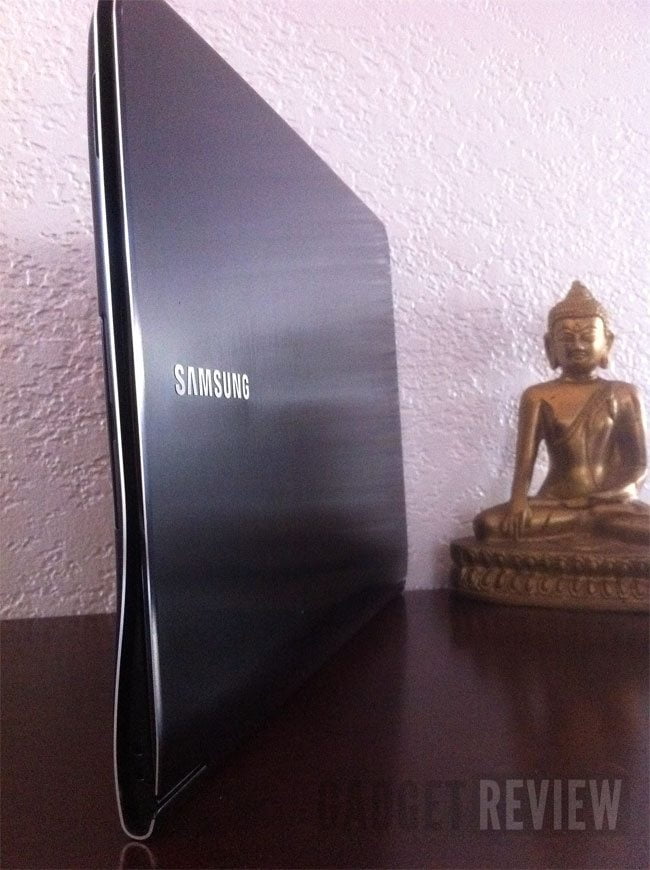Chromebooks have been on shelves for just about as long as ultrabooks, and each handle many of the same tasks like getting a day’s work knocked out with relative ease. They’re both pretty light, moderately powerful, and are built for road warriors everywhere who need a machine that will survive the airport, bus station, or campsite without frying out. The Asus ZenBook UX305 Ultrabook – Best Budget Ultrabook is a good example of an ultrabook.
But how do ultrabooks vs Chromebooks compare head-t0-head, and which one is right for you? Read on in our buying guide to find out!
Ultrabook Vs Chromebook Comparison
| Ultrabooks | Laptops | |
|---|---|---|
| Display | ||
| Design (keyboard/mouse) | ||
| Hardware | ||
| Operating System | ||
| Battery Life | ||
| Price | ||
| Winner |
Display
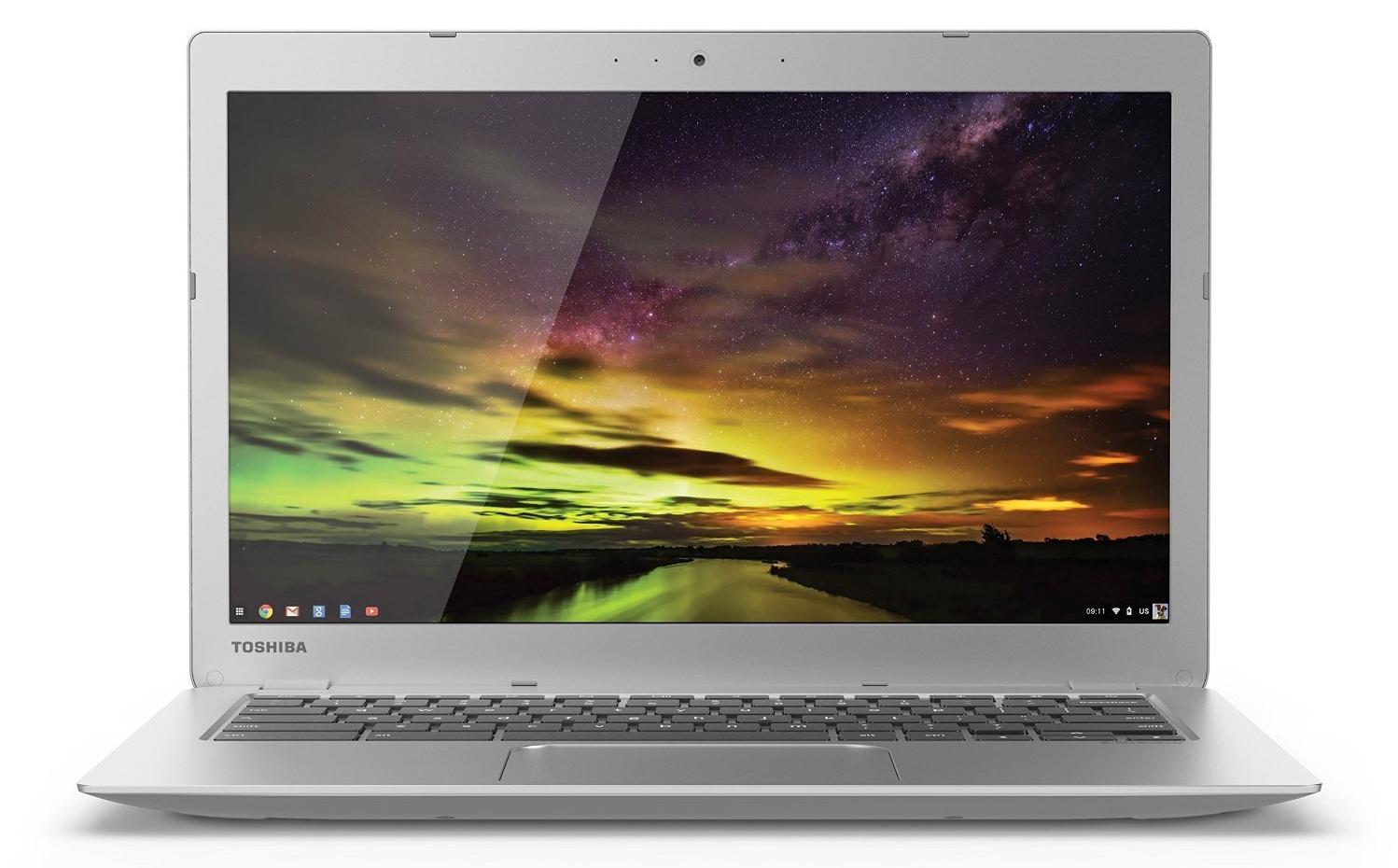
Ultrabooks
Ultrabooks don’t always put the quality of their screen at the top of the priority list, but that hasn’t stopped dozens of manufacturers from making sure that ultrabook owners get one of the best visual experiences possible.
Ultrabooks are built for weight and battery power first, two factors which can be negatively affected if the device’s screen is too high-end. The more pixels to render, the more power the ultrabook needs to be to display them all.
As such, many ultrabooks will strike a fine balance between just a good enough screen with all the other requirements met in step. Rare cases like the Dell XPS 13 ultrabook manage to straddle this line perfectly, but its a laptop that stands out among the middle-of-the-road screen competition.
Chromebooks
Edging on the cheap side of the price spectrum in almost every situation, Chromebooks aren’t necessrily known for their eye-popping display quality.
Read: Best Laptop for College
Save for the rare exception like the Toshiba Chromebook 2, Chromebooks generally tend to skew towards budget parts in order to bring their prices down own to college student/kid level.
Winner: Ultrabooks for raw quality and a greater number of models that have 1920 x 1080 resolutions screens (or above).
Design/Keyboard/Trackpad
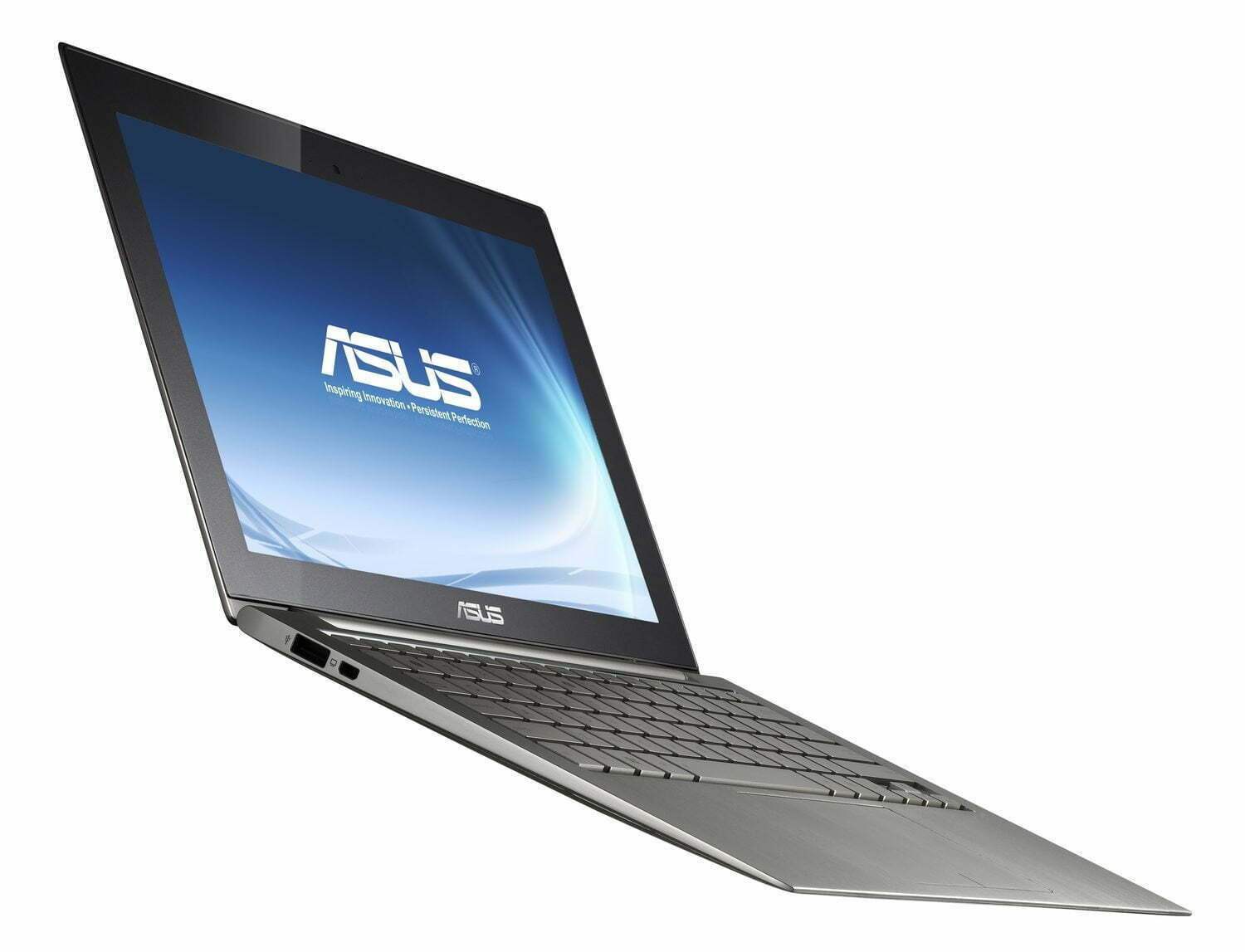
Ultrabooks
As we mentioned in our last ultrabook comparison, the quality of the keyboard you get in your ultrabook all depends on whether or not flat-key designs fit your typing style best.
The best Ultrabooks are about keeping their profile as lean and mean as possible, which means their keyboards are generally as slim and flat to compensate. This isn’t bad, per se, just a different style of typing that some people may not be used to.
Other than that, because of their price, the actual quality of ultrabook keyboards is generally pretty high across the board.
Chromebooks
Chromebooks can be pretty hit-or-miss when it comes to build quality. Some, like the Dell Chromebook 13 and Acer C910, as seen in our best Chromebooks of 2018, have spectacular keyboards and trackpads, durable enough to take punishment from any member of your household.
Other options like the Asus C300 aren’t so lucky. The C300 is great for kids who have a bad habit of spilling food or juice on their laptops more than once a month, but might not feel as comfortable to veteran laptop owners who know the difference between a good keyboard and two pieces of cheap plastic thrown together.
Winner: Ultrabooks if you’re into a flat-key design or higher quality, but Chromebooks come in a close second for raw durability against spills or damage.
Hardware
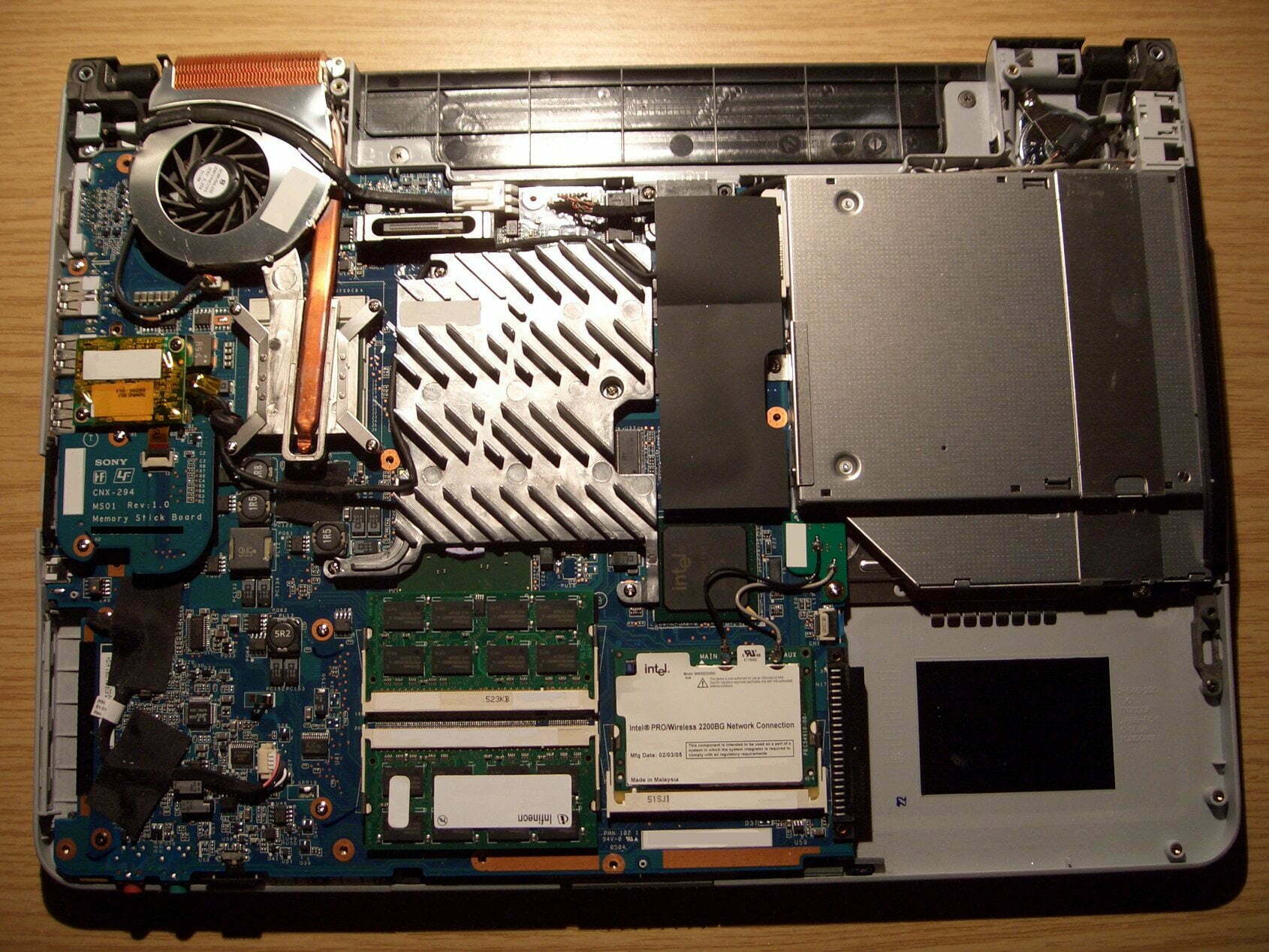
Ultrabooks
This is an area that’s a bit difficult for a direct comparison. Ultrabooks almost always cost significantly more than what you’d expect to drop on a Chromebook, and as a result, almost always have better hardware hiding underneath their shells.
Faster processors and longer-lasting batteries are only a few of the categories where Ultrabooks smoke Chromebooks on performance, and it’s all thanks to Intel’s strict requirements for what sets an “ultra” book apart from its standard laptop cousins.
Chromebooks
Chromebooks are a lot of things: portable, cheap, and reliable as a second or third laptop for the road.
The one thing they’re not, however, is powerful. Chromebooks are the essence of “bare minimum”, exemplified in the dozens of budget options that fill out Google’s lineup. They have enough to get the job done and browse around 20 tabs at a time, but push pass that and you’ll get stuck in the slow lane, fast.
Winner: Ultrabooks by a mile. Chromebooks serve a lot of purposes, but hardcore performance is definitely not one of them.
Operating System/Software
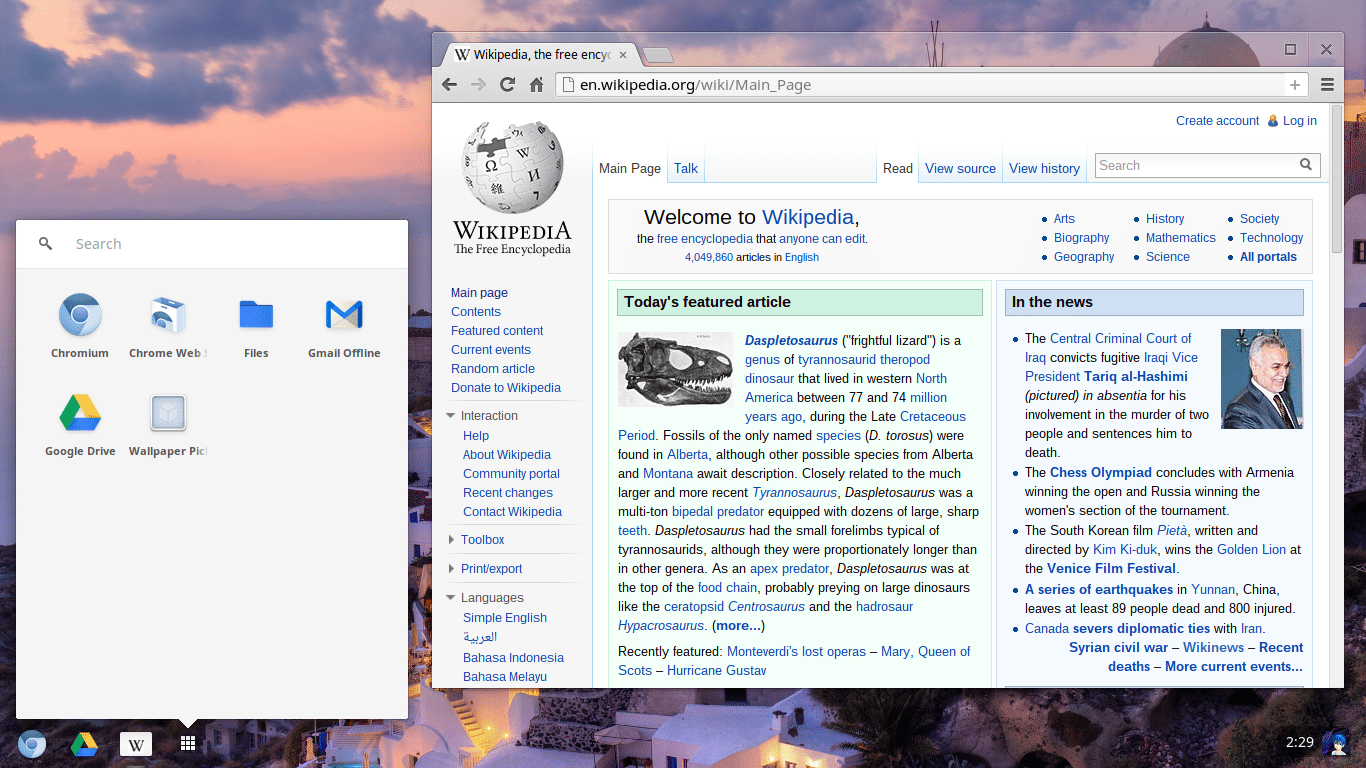
Ultrabooks
Due to their partnership with Intel, all manufacturers who want to release a laptop under the ultrabook moniker in 2017 needs to be sure their device ships with an updated version of Windows 10.
Combine this with Windows 10’s extensive flexibility with additional software, applications, and games, and you have a marriage that’s hard to beat.
Chromebooks
Chromebooks make no allusions about their limitations on the software side of things. Chrome OS is a barebones operating system that allows you to go online using the Chrome web browser, or install “software” that’s really just a glorified link to web-based apps.
This works perfect for kids and students if going online is pretty much all they need to do, but if you want the option to install a piece of software worth using or game worth playing, the ultrabook is going to be the obvious pick.
Winner: Ultrabooks. The immense level of customization and number of programs available for Windows 10 can’t be denied here. Ultrabooks are great for hundreds of more applications than Chromebooks, which are really good at one thing (browsing the web), but unfortunately, not much else.
Battery Life
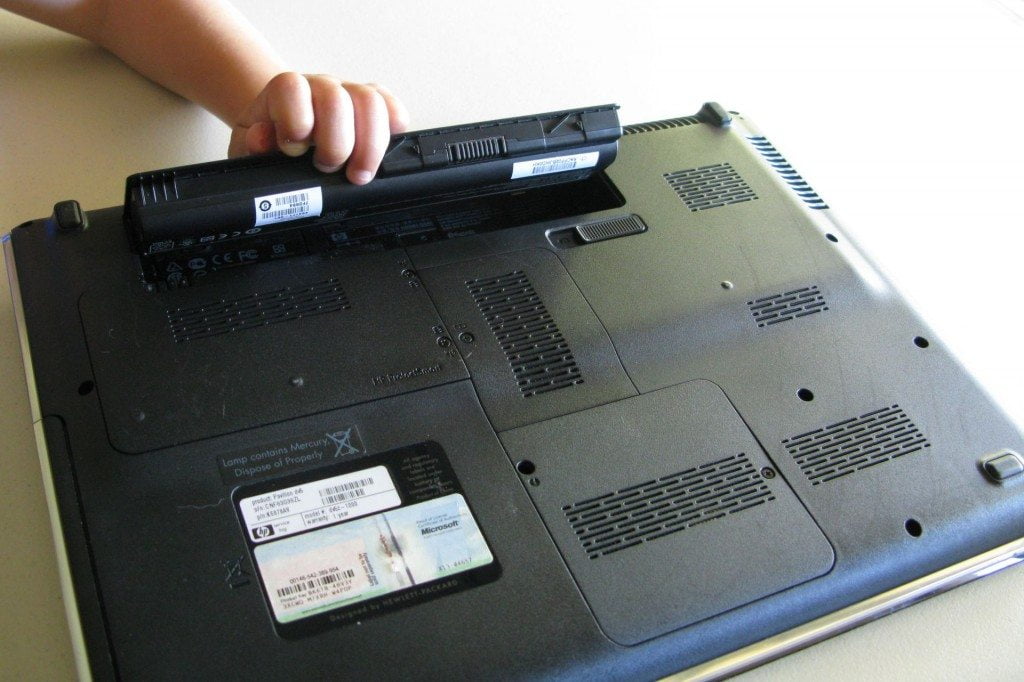
Ultrabooks
This is another category where Intel’s strict regulations on what types of devices can call themselves ultrabooks comes in handy.
Intel requires all ultrabooks to have at least 9+ hours of idle time, six hours of video watching/heavy web browsing, and 7 days of idle standby time.
Long battery life means more time to enjoy your games, movies, or even work longer than most other laptops on the market. Plus, their ultra-tuned efficiency ensures you’ll never get left stranded with a dead device between charges the next time you’re on the road.
Chromebooks
Chromebooks, unfortunately, are a little more all over the place when it comes to how long they can stretch their legs between being plugged in.
Some like the Dell Chromebook 13 are rated to last as long as 8 hours on a single charge during heavy usage, more than enough to get the job done. Others like the ASUS Flip however will only last about 5 hours before puttering out, carrying a spare battery pack with you wherever you go may not be the worst idea in the world.
Winner: Ultrabooks, thanks to Intel’s dedication to keeping all manufacturers up to a certain standard of quality and battery longevity.
Price
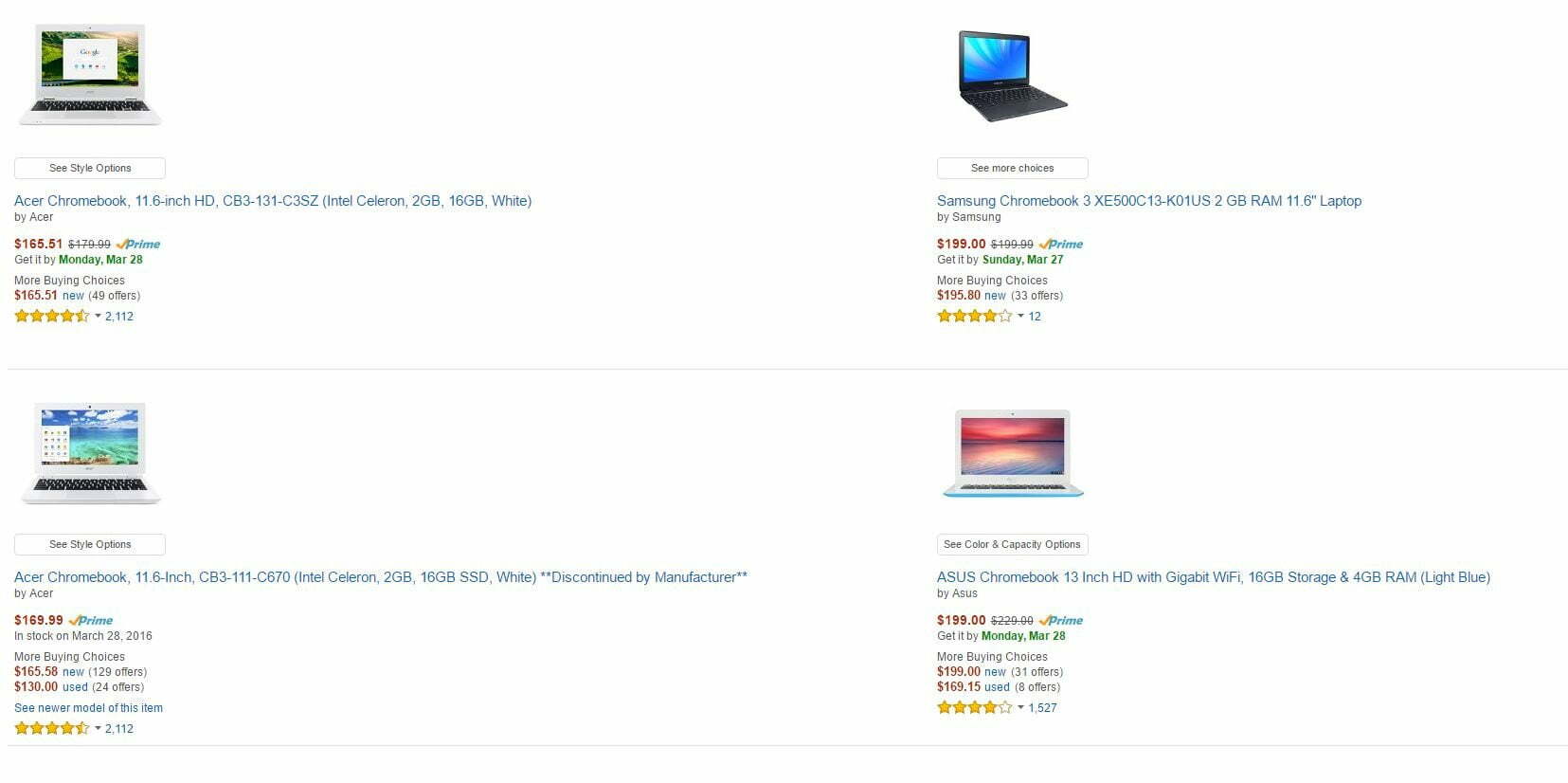
Ultrabooks
This is the one area where it really comes down to the wire. Technically, you can get certain devices that call themselves “ultrabooks” for as low as $400, though at that price point, you might as well just pick up a more powerful laptop instead.
Most competent ultrabooks start around the $1,000 range, and only go up from there. What you get when you pay higher prices for an Ultrabooks are an assurance of a certain level of quality, as well as the promise that they’ll last you when you’re out of juice, boot up quickly from sleep, and be slim enough to fit into any sidebag or backpack in an instant.
Chromebooks
This is one area where Chromebooks don’t just beat ultrabooks – they beat pretty much every mobile computer on the market, all in.
Chromebooks offer value that’s simply unrivaled in the industry, thanks to Google’s heavy subsidizing of its products to promote widespread use of the Chrome operating system.
The more people who use Chrome, the more analytics data Google can collect and sell back to marketers for advertising purposes. With those costs offset, they can pack more power into a smaller budget, giving their users some of the deepest discounts in modern computing today.
Winner: Chromebooks. They may not be able to keep up in the performance department all the time, but what they lack in horsepower they more than make up for in pure, undeniable value.
Our Verdict
If we were going off power and battery efficiency alone, ultrabooks would be the clear winner in this debate. It’s hard to deny that when you buy an ultrabook you’re being guaranteed a level of quality and craftsmanship that’s hard to come by in other laptops, and a machine that can get the job done any time of the day in an instant.
 |  |  |  |  | |
|---|---|---|---|---|---|
| Dell XPS 13 | Lenovo LaVie Z | Asus ZenBook UX305 | Macbook Air | Microsoft Surface Book | |
| Rank | #1 – Editor’s Choice | #2 | #3 | #4 | #5 |
| Amazon Rating | |||||
| Screen Size | 13.3″ | 13.3″ | 13.3″ | 11.6″ | 13.5″ |
| CPU | 2.2GHz Intel Core i5-5200 | 2.40GHz Intel Core i7-5500U | 800MHz Intel Core M 5Y10 | 1.6GHz dual-core Intel Core i5 | 2.4GHz Intel Core i5-6300U |
| Price | $699 | $1,199 | $649 | $804 | $1,498 |
| View on Amazon | View on Amazon | View on Amazon | View on Amazon | View on Amazon |
All that said, this sort of prestige doesn’t exactly come cheap. Chromebooks fill their role admirably for the customers who need something cheap, reliable, and works no matter what you throw its way without asking any questions. Chrome OS almost never gets infected, the Google Drive ecosystem of apps work flawlessly for productivity-fiends, and they’re perfect for when you need a second laptop that works in a pinch.
If you have a lot of money to spend, go with an ultrabook. Shopping on a budget? Chromebooks are great for that too.
Read Next: Best Laptops 2018
Related Articles:

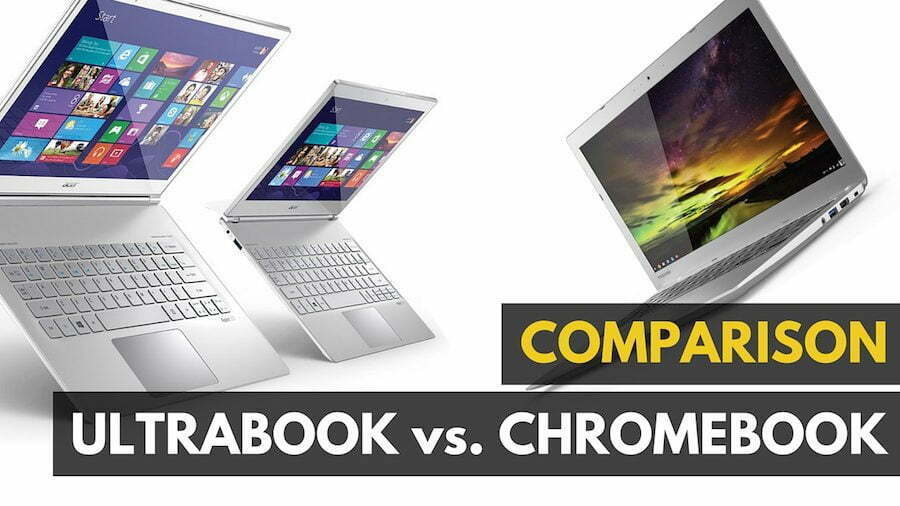













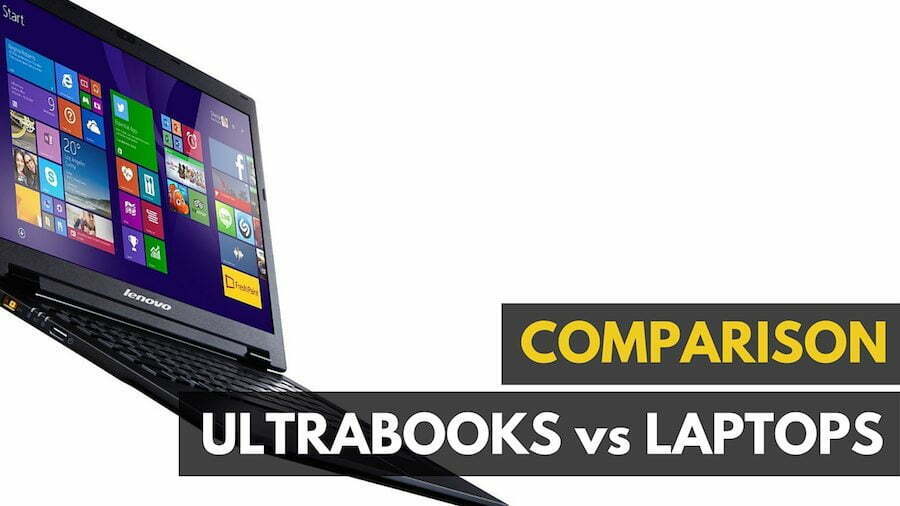
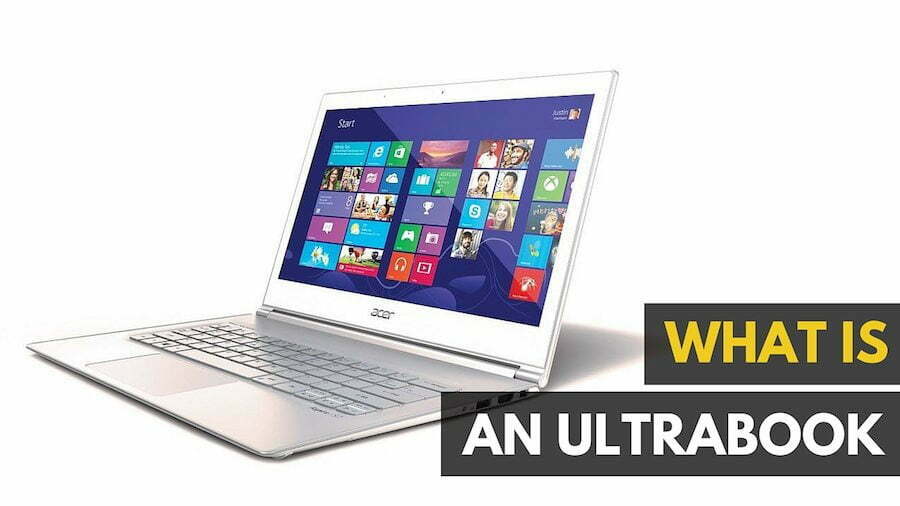
![Best Ultrabook in [year] ([month] Reviews) 40 Best Ultrabook in 2026 (January Reviews)](https://www.gadgetreview.dev/wp-content/uploads/ASUS-ZenBook-14-e1567561404912-900x792-1.jpg)
![Best BenQ Monitors in [year] 41 Best BenQ Monitors in 2026](https://www.gadgetreview.dev/wp-content/uploads/best-benq-monitor-image.jpg)
![Best Laptops in [year] ([month] Reviews) 42 Best Laptops in 2026 (January Reviews)](https://www.gadgetreview.dev/wp-content/uploads/microsoft-surface-book.jpg)
![10 Best Battery Life Laptops in [year] 43 10 Best Battery Life Laptops in 2026](https://www.gadgetreview.dev/wp-content/uploads/best-battery-life-laptop.jpg)
![10 Best Rugged Laptops in [year] 44 10 Best Rugged Laptops in 2026](https://www.gadgetreview.dev/wp-content/uploads/best-rugged-laptop.jpg)
![10 Best Ubuntu Laptops in [year] 45 10 Best Ubuntu Laptops in 2026](https://www.gadgetreview.dev/wp-content/uploads/best-ubuntu-laptop.jpg)
![10 Best Good Laptops for Kids in [year] 46 10 Best Good Laptops for Kids in 2026](https://www.gadgetreview.dev/wp-content/uploads/best-good-laptop-for-kids.jpg)
